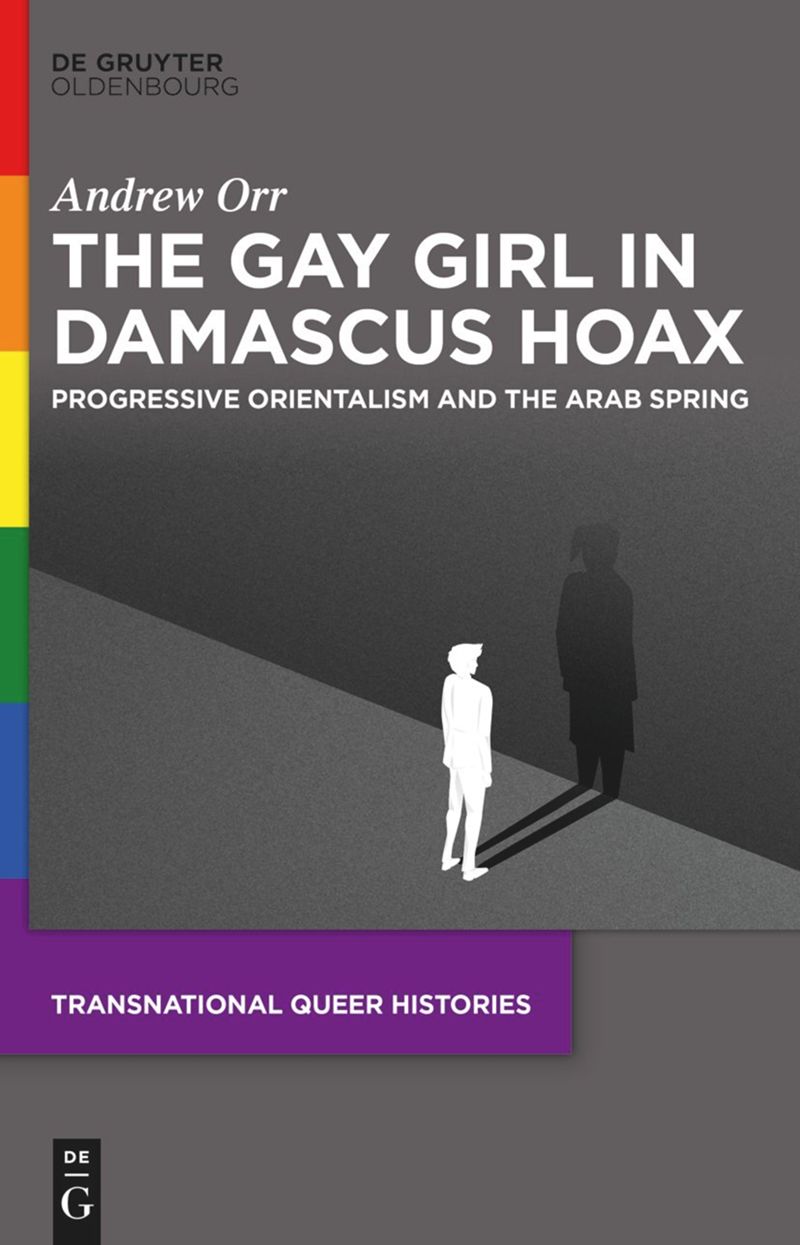Andrew Orr on “The Gay Girl in Damascus Hoax”
In our latest book talk with historian Andrew Orr, we explore the story of an elaborate internet hoax surrounding the (fictional) life of a Syrian-American lesbian woman during the Arab spring. Why were educated and politically engaged westerners so susceptible to believing it?
Podcast
You are currently viewing a placeholder content from SoundCloud. To access the actual content, click the button below. Please note that doing so will share data with third-party providers.
You can find the recording also on Spotify and Apple Podcasts.
Video
You are currently viewing a placeholder content from YouTube. To access the actual content, click the button below. Please note that doing so will share data with third-party providers.
Description
Early on in the Arab Spring, a blog that had already existed for several years went viral: A Gay Girl in Damascus by Amina Arraf, a Syrian-American Muslim woman, who wrote about the uprisings in Syria and her life as a lesbian in Damascus. In June 2011, the world was shocked to learn that Amina had allegedly been abducted by the secret police. But the real surprise was yet to come. Not long after, journalists and activists realized that Amina Arraf was a hoax, invented and impersonated by Thomas “Tom” MacMaster, a forty-year-old straight white American man who studied medieval history in Scotland.
What made McMaster so successful in deceiving the blog’s readers? Specifically, why were educated and politically engaged westerners so susceptible to believing a falsified account of the Syrian revolution? And how did the western need for self-validation as anti-racist, LGBTQ-friendly and anti-imperialist come into play?
Andrew Orr, Professor of Military History and Security Studies at Kansas State University, has delved into these questions in his newly published book, “The Gay Girl in Damascus Hoax.” To shed some light on what we can learn from this incredible story and how queer theory helps to understand history, we invited him for this book talk. The interview was conducted by Rabea Rittgerodt, Senior Acquisitions Editor History at De Gruyter.
[Title image by 3DSculptor/iStock/Getty Images Plus]
